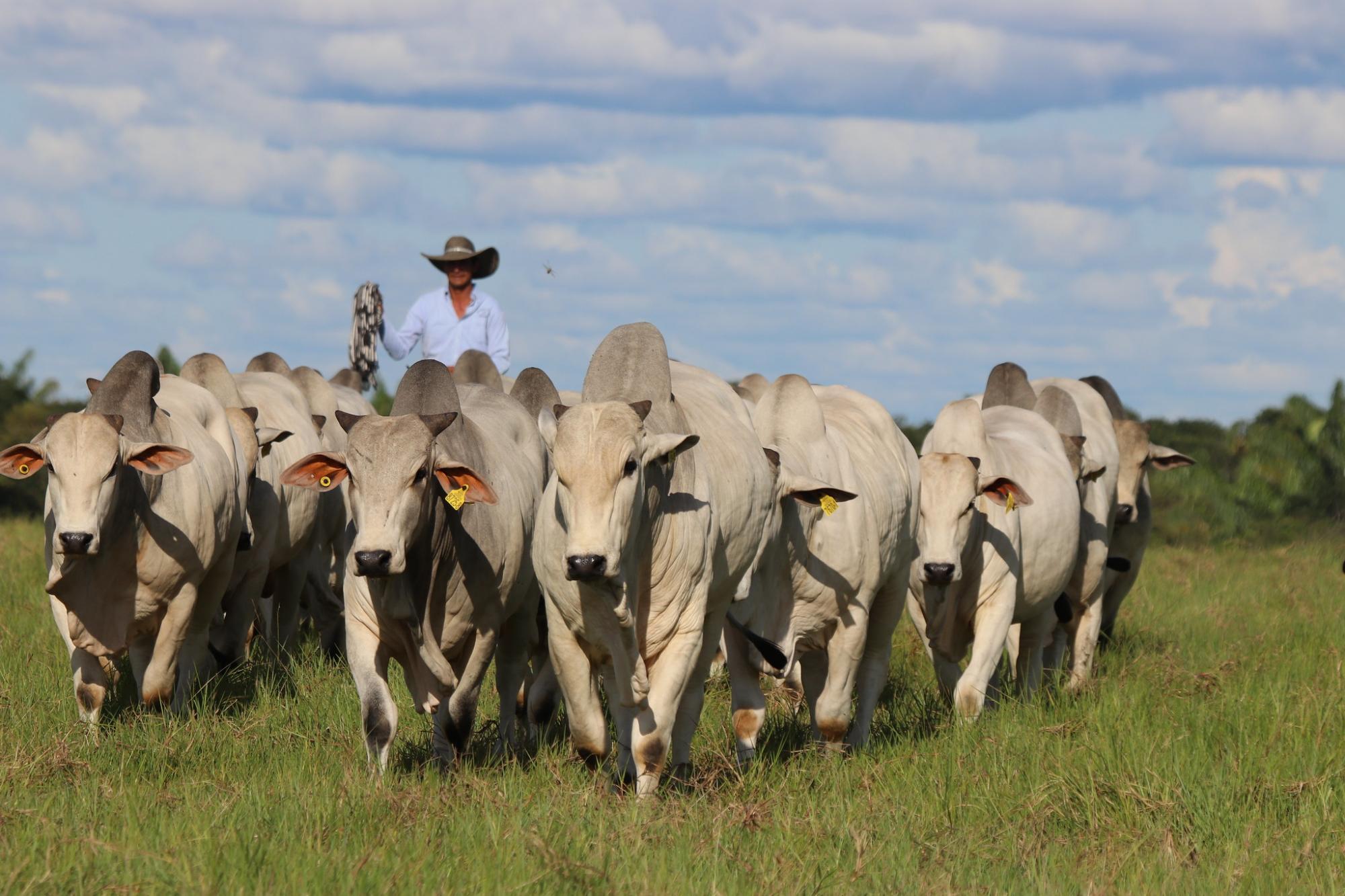
Pastures of Plenty: Sustainable Livestock Solutions for Climate, Nature, and People
Core message
Join us for our Climate Week NYC side event, followed by a reception, to gain a better appreciation of the diversity of livestock systems and understand how a transition to sustainable livestock systems can contribute to net zero emissions and restoration of degraded land!
Overview
While livestock production has a significant impact on the earth’s land, water, and climate, it also is an essential part of a food system that does and will continue to nourish and support billions every day. Livestock production systems are extraordinarily diverse, yet to address urgent global challenges—climate mitigation and adaptation, as well as biodiversity protection, food security, and improved livelihoods—we need significant, coordinated, and strategic investment across the Global North and South.
Diverse livestock production systems—from pastoralism on natural grasslands, smallholder mixed farming, and semi-intensive systems to commercial production on converted land—can and must play a role in tackling climate change. Fortunately, many livestock producers are aware of their environmental impact, and many are—or want to—evolve and adapt their operations to keep producing good food in ways that avoid or mitigate emissions. The challenge is how we can meet the demand for accessible, healthy, and sustainable food while moving toward sustainable and low-emissions livestock systems.
The Advancing Livestock for Climate (ALive4Climate) Alliance hosts this event to explore the narratives around livestock and highlight how the diversity of livestock systems can offer pathways tailored to these different system contexts to achieve durable improvements in climate, biodiversity, nutrition, women’s empowerment, and fair resource access. The session provides an opportunity for participants to learn more about the critical role sustainable livestock systems play in addressing climate change and what solutions need to be scaled and financed.
The session will:
-
Discuss the key opportunities and most promising solutions from leading scientists
-
Provide a deep dive with experienced financers into how a transition to sustainable livestock systems can be resourced
-
Share the how-to solutions and examples of successful partnerships from different parts of the world in achieving livestock sustainability
run of show
Moderator
Gerson Freitas Jr., News Journalist at Bloomberg
Welcome and framing
Shirley Tarawali, Assistant Director General at the International Livestock Research Institute, a CGIAR centre, and Chair of the Global Agenda for Sustainable Livestock
Keynote
Mario Herrero, Professor in the Cornell CALS Department of Global Development and the Director of Food Systems & Global Change
Panel 1: Livestock solutions within the climate and food crisis
-
Jay Waldvogel, Global Dairy Consultant with Dairy Nourishes Africa
-
Carlos Tabora, Project Manager of Sustainable Livestock Programs at Heifer International in Honduras
-
Cleo Cunningham, Head of Climate and Forests at BirdLife International
-
Peri Rosenstein, Senior Scientist, Livestock Systems at Environmental Defense Fund
Panel 2: Climate financing for livestock solutions
- Jeannette Gurung, Executive Director at Women Organizing for Change in Agriculture and Natural Resource Management (WOCAN) and member of the LD4D Solutions Group on Climate Finance & Livestock
- Charles Brooke, Program Lead for Enteric Methane at Spark Climate Solutions
- Michael Wironen, Director of Corporate Engagement for Food & Water at The Nature Conservancy
- William R. Sutton, Global Lead for Climate Smart Agriculture and Lead Agricultural Economist at The World Bank
Sum up
Simon O’Connell, CEO of SNV
Reception
About the organizers
ALive4Climate unites organizations and individuals dedicated to transforming livestock systems to achieve societal goals, recognizing their role in sustainable agri-food systems. This global community leverages collective resources and expertise to highlight the importance of livestock in the Global South, advocating for evidence-based campaigns, communication, and policies at all levels to support sustainable livestock and animal agriculture.
Participating organizations

